Loving is a profoundly moving tale of great social significance handled in a fashion diametrically opposed to Hollywood’s usual modus operandi in such matters. Helming his fifth feature, writer-director Jeff Nichols humanizes where others would sensationalize, creating a film that delivers a necessary and timely message without clubbing audiences over the head with it. Based on the true story of Richard and Mildred Loving, whose mixed-ethnicity marriage in 1958 Virginia led to a historic civil rights case that would eventually be argued before the Supreme Court and curtail widespread anti-miscegenation laws, Nichols’ film functions from a perspective firmly rooted in character rather one subservient to historical verisimilitude. The audience isn’t presented with a strictly factual accounting of the Lovings’ story, but with an emotionally evocative glimpse into what it must’ve felt like to endure their persecution. In short, he does them justice.
This undeniably powerful and important story demands a sensitive and well-reasoned approach, and Nichols has proven to be more than up to the task. Rather than presenting the couple’s trials and tribulations in a strictly literal sense, Nichols paints a more expressionistic picture through atmosphere and characterization. Both Richard and Mildred, masterfully embodied by Joel Edgerton and Ruth Negga, are portrayed as multifaceted people with a singular and very human motivation, the undeniable relatability of which is unlikely to be lost on any moviegoer. After a racist sheriff and an unsympathetic judge have the pair exiled from the state while Mildred is heavily pregnant, their narrative quest is focused more on finding a way to raise their kids in the bosom of family than on any grander aspirations of striking a blow for racial equality. These are people who just want to rear their children close to home.
Nichols creates pathos through his loving depiction (if you’ll excuse the pun) of his protagonists’ emotional landscape, but he generates narrative momentum through his exemplary skill at building tension. Loving may well be laconically paced, but the script’s slower moments are consistently punctuated by bursts of Hitchcockian virtuosity. When Richard believes he’s being followed back to the family farm by a fellow worker, or when the couple sneaks home (against court orders) to allow Richard’s midwife mother to deliver her first grandchild, Nichols escalates the stakes on both page and screen through purely cinematic storytelling. Crosscutting techniques — expertly employed in a particularly taut scene of impending peril for both Richard at work and his young son at play in the city streets — help propel the story while making up for a noticeable second-act slump, single-handedly salvaging a film that would’ve floundered in lesser hands.
If Nichols’ directorial prowess is laudable, the performances given by his cast are no less noteworthy. Edgerton is almost unrecognizable as poorly educated bricklayer Richard, and Negga proves more than capable of carrying the emotional heart of the drama in her exemplary turn as Mildred. Marton Csokas is icily menacing as the bigoted Sheriff Brooks, delivering an epically misguided monologue in a deeply discomfiting deadpan. By the time comedians Nick Kroll and Jon Bass show up as a duo of ambitious ACLU lawyers, the audience is easy for a laugh. But any levity is strictly subtextual, as both actors play their roles straight. The ensemble operates as more than the sum of its constituent parts because the parts function in concert to lend texture to an already well-developed narrative world.
Nichols’ depiction of the Lovings’ ordeal could be described as Kafkaesque — if only Kafka had liked his protagonists a little more and the historical facts of our nation’s racial attitudes weren’t so close to being stranger than the author’s fiction. In reality, this story of two simple people trying to share the most fundamental of human relationships, only to be opposed by outlandish forces of ignorance and hatred, is rendered all the more compelling by reason of its rational implausibility. If two people love each other and want to raise their offspring surrounded by loved ones on the family farm, why would anyone try to deny them? But we live in a world that is all too frequently irrational, and the lessons we’ve learned as a society have been hard-earned on the backs of ordinary people. It’s fortunate we have filmmakers with the subtlety and nuance of Nichols to remind us how far we’ve come — and a film with the heart and conscience of Loving to show us how to move forward. Rated PG-13 for thematic elements.
Opens Wednesday, Nov. 23, at Fine Arts Theatre



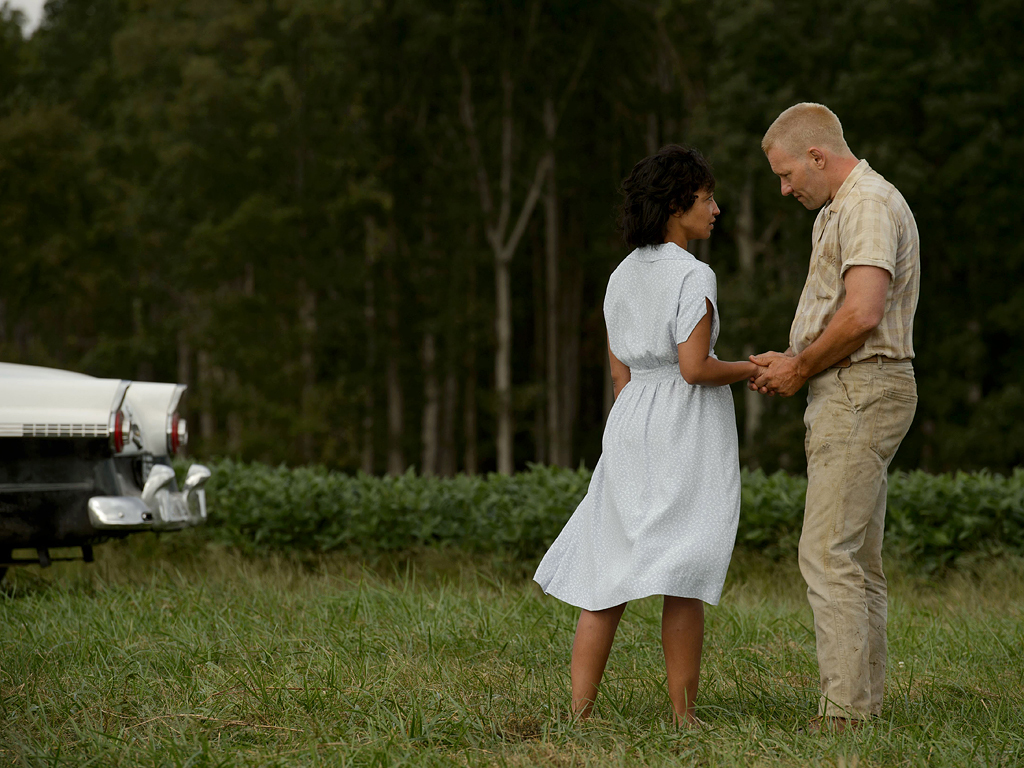
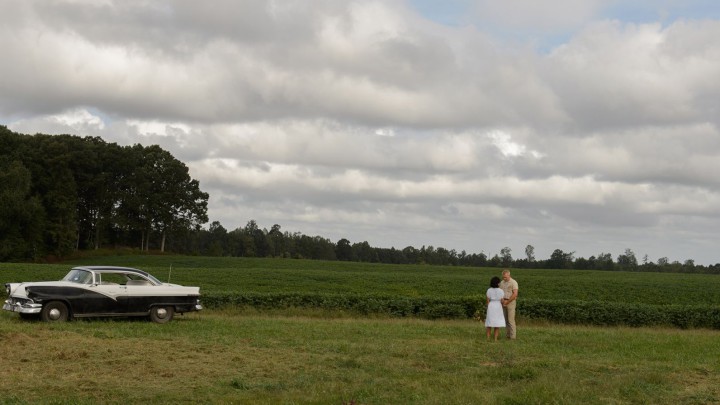
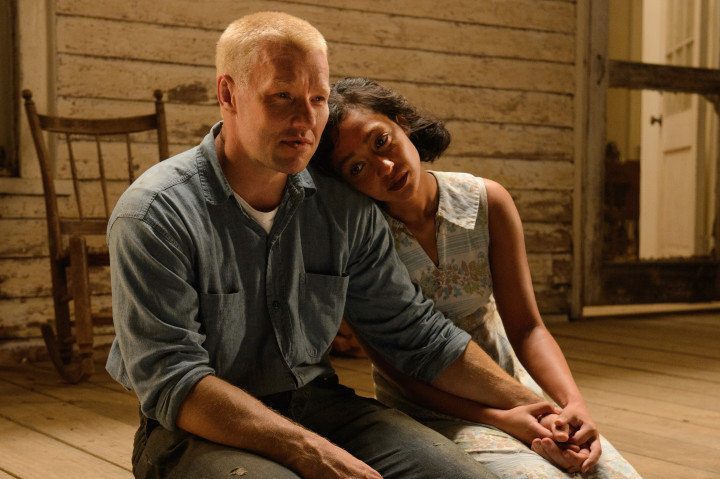

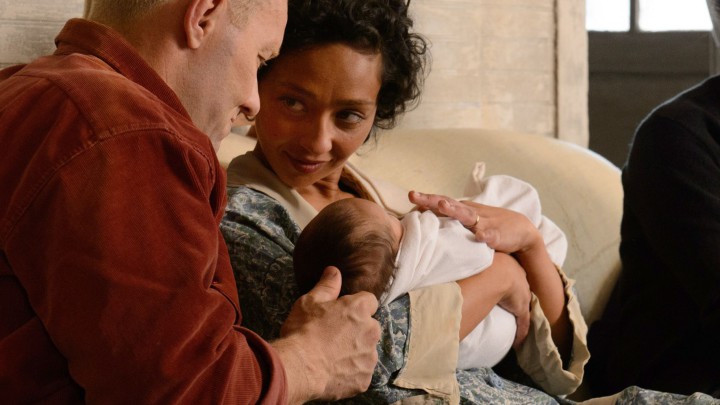
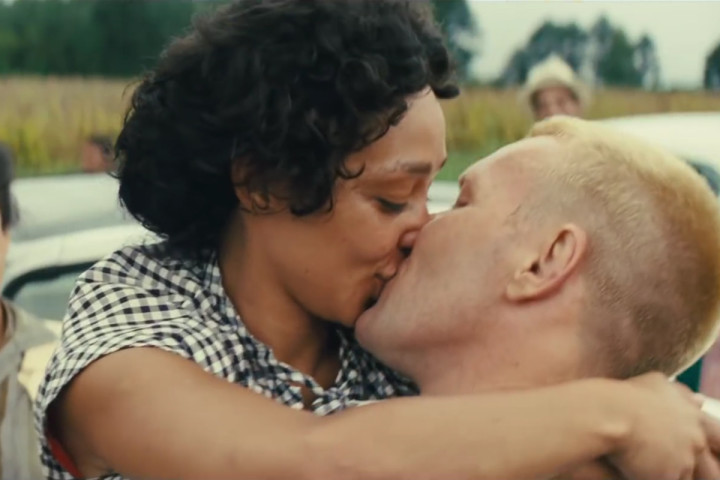
Before you comment
The comments section is here to provide a platform for civil dialogue on the issues we face together as a local community. Xpress is committed to offering this platform for all voices, but when the tone of the discussion gets nasty or strays off topic, we believe many people choose not to participate. Xpress editors are determined to moderate comments to ensure a constructive interchange is maintained. All comments judged not to be in keeping with the spirit of civil discourse will be removed and repeat violators will be banned. See here for our terms of service. Thank you for being part of this effort to promote respectful discussion.